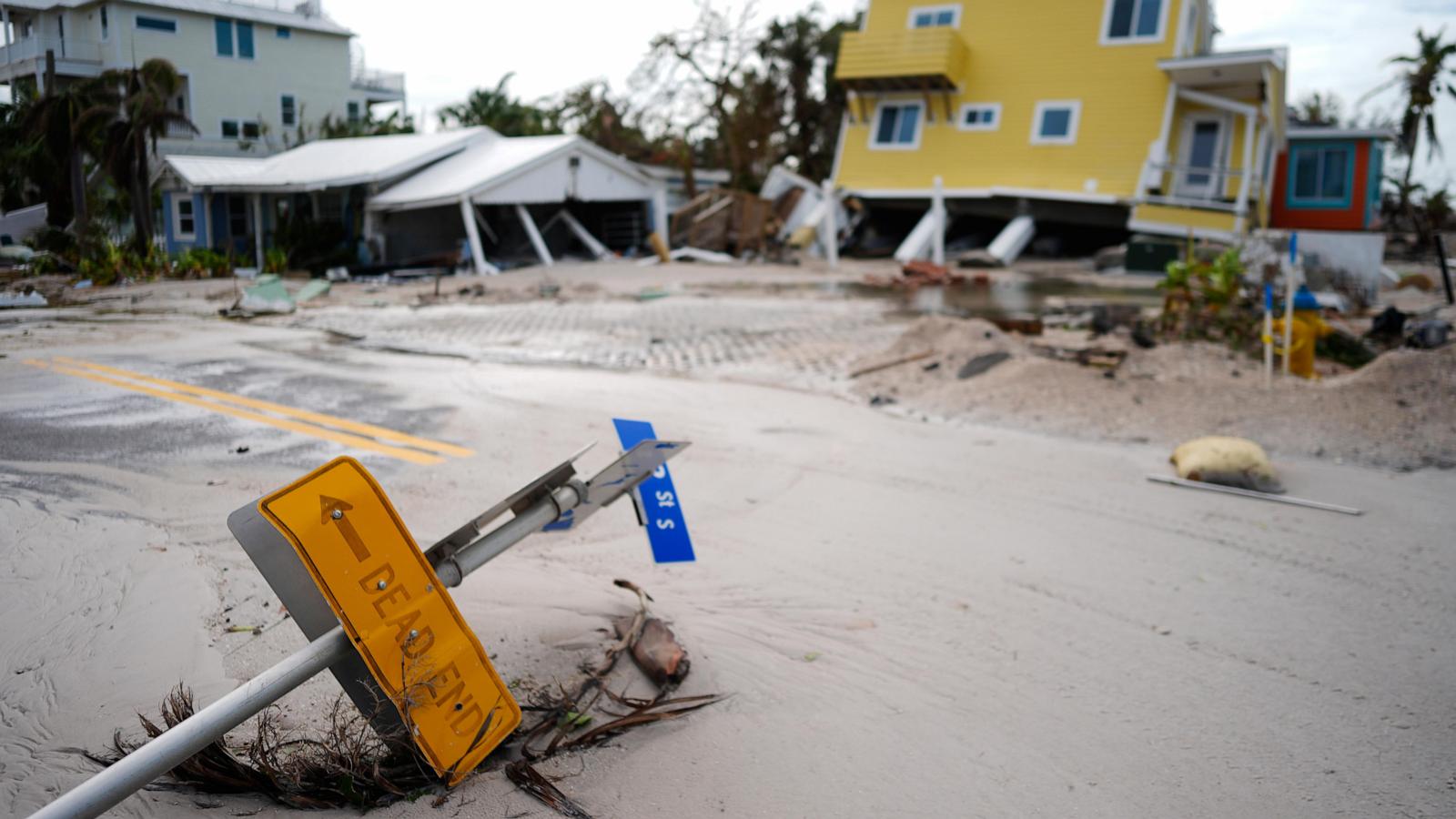Devastating Economic Losses from Natural Disasters Soar to Record Highs!
Prepare to be shocked! 2024 witnessed a catastrophic surge in economic losses due to natural disasters, reaching staggering figures not seen in decades. From the ferocious hurricanes that tore through the US to deadly floods overseas, the combined toll has left experts reeling. This isn't just another news story; it's a wake-up call about the escalating threat of climate change and its financial ramifications.
Hurricane Season's Financial Fury: Helene and Milton Pummel US Economy
The year 2024 will be forever etched in history as one of unprecedented financial losses due to natural disasters. Hurricanes Helene and Milton alone caused a combined $100 billion in damage. Helene, carving a destructive path across six southeastern states, unleashed inland and coastal flooding, leading to an astonishing $75 billion in economic losses. Hot on its heels, Hurricane Milton slammed into Florida's west coast, adding another $25 billion to the already mounting costs. The sheer scale of the devastation is hard to comprehend, with experts calling these storms some of the costliest in recent memory.
Beyond Hurricanes: A Nation Under Siege
But the damage didn't stop with hurricanes. Beyond Helene and Milton, the US faced multiple severe convective storms and a devastating drought in several states, leading to an 85.3% increase from 2023 in overall disaster-related economic losses to $217.8 Billion. This number reflects not just property damage but the widespread economic disruption impacting numerous industries and communities, forcing mass relocation and halting essential services. Experts predict the long-term economic repercussions will likely be felt for years. These unforeseen expenses necessitate increased preparedness and necessitate the creation of more resilient infrastructure, the development of new disaster relief plans, and heightened public awareness of catastrophic weather.
Global Impact: A World in Peril
The impact of these extreme weather events is not isolated to the US. Globally, natural disasters resulted in a whopping $368 billion in economic losses in 2024—a 7.3% decline from 2023 but still 14% above the average. The escalating global financial burden of extreme weather highlights the urgency of adopting a preventative and proactive approach to the world's environmental challenges. It highlights the necessity for international cooperation to enhance climate resilience measures, strengthen infrastructure in areas vulnerable to catastrophic events, and improve disaster response and recovery strategies.
The Costliest Wildfires in US History: California Burning
As if the hurricanes and floods weren't enough, 2025 started with a bang — or rather, a blaze. The devastating California wildfires in January quickly became a stark reminder that the threat of natural disasters knows no bounds and can hit unexpectedly at any time. These fires—some of the costliest in US history—have already resulted in tens of billions of dollars in economic and insured losses. Estimates suggest that this figure is only likely to increase, pushing the overall tally for losses even higher. This adds to a long list of challenges facing many citizens: recovering homes and personal possessions, rebuilding infrastructure and communities, and tackling economic distress caused by these events.
Take Away Points
- 2024 recorded record-breaking economic losses from natural disasters, both in the US and globally.
- Hurricanes Helene and Milton inflicted immense damage, costing the US an astounding $100 billion.
- Beyond hurricanes, the US suffered widespread economic losses from severe storms and droughts.
- Global natural disaster losses remain alarmingly high, highlighting the urgent need for international cooperation in disaster preparedness and mitigation.
- The California wildfires early in 2025 serve as a sobering reminder of the ongoing and ever-evolving threat of natural disasters.
- These figures underscore the escalating financial risk posed by extreme weather events and underscore the urgent need for improved infrastructure, advanced risk assessment and mitigation, and increased financial preparedness.









